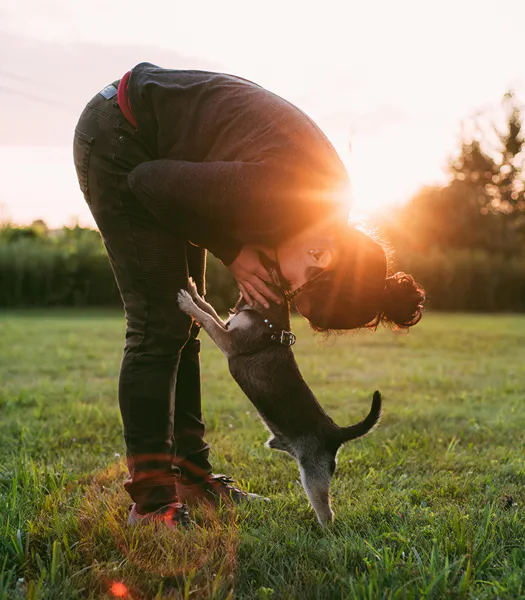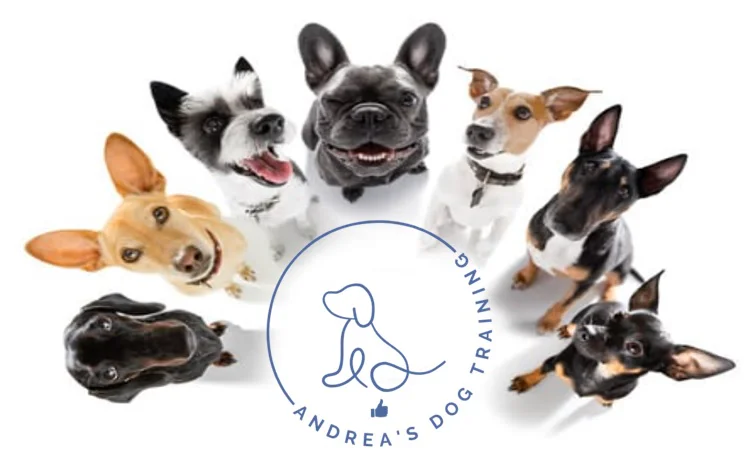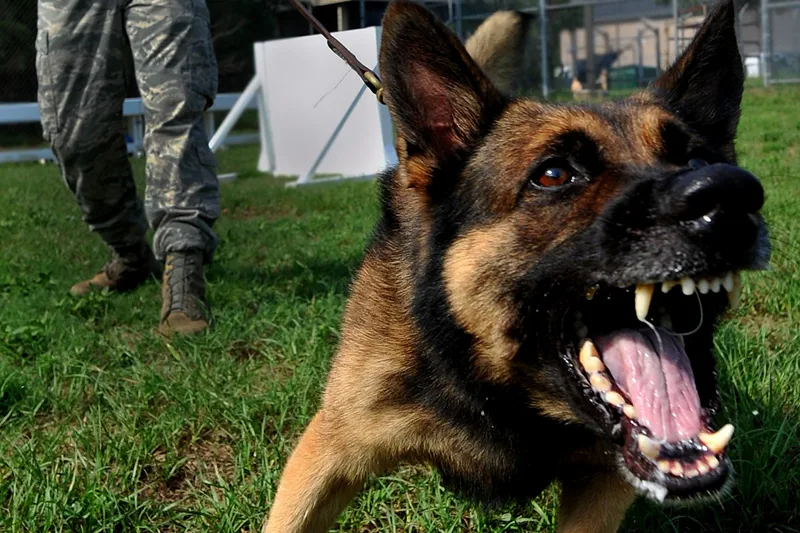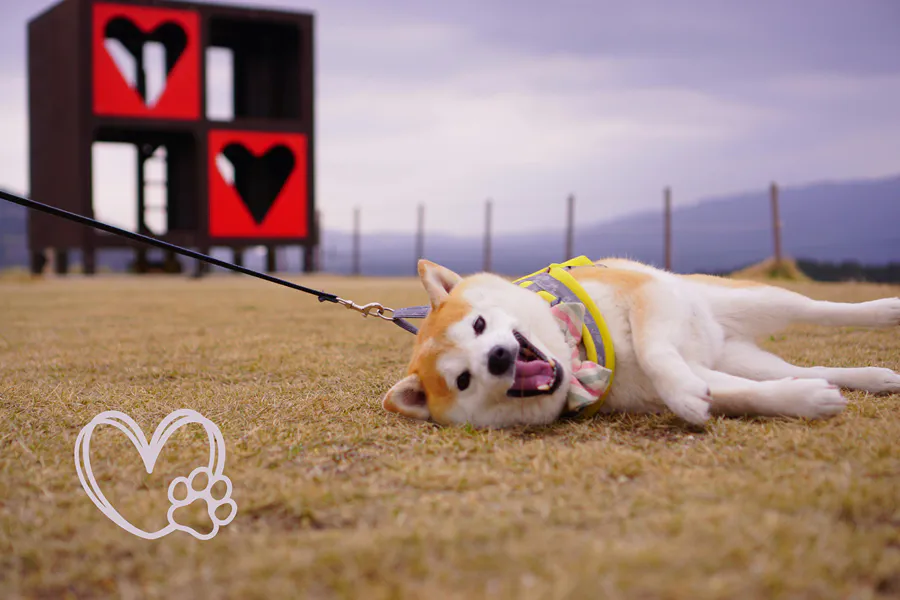Welcoming a new puppy into your home is an exciting journey filled with joy and new challenges. One of the main challenges for any dog owner is training. Effective training not only helps in managing your puppy’s behavior but also strengthens the bond between you and your new doggie.
Here’s a guide to getting started with puppy training, ensuring a smooth transition for both of you.
Start with the Basics
The first step in puppy training is teaching basic commands such as “sit,” “stay,” “come,” and “down.” These commands are the foundation of communication between you and your puppy.
Begin with one command at a time, using a clear, firm voice and plenty of positive reinforcements. Treats, praise, and playtime are excellent motivators for puppies.
Tips:
Keep training sessions short and sweet. Puppies have short attention spans, and long sessions can lead them to lose interest. Aim for several five-minute sessions spread throughout the day.
Establish a Routine
Puppies thrive on routine. It helps them understand what is expected of them and when. Set specific times for training, feeding, walks, and bedtime. This consistency helps your puppy feel secure and aids in the training process, especially when it comes to house training.
House Training
Start by taking your puppy outside frequently — ideally every two hours, as well as after waking up, playing, and eating. Choose a specific spot outside for your puppy to relieve themselves. Praise them warmly after each successful potty break, which reinforces the behavior you want to see.
Socialization
Socialization is crucial in the early stages of a puppy’s life. It involves exposing them to different people, animals, environments, and experiences. Proper socialization can prevent a puppy from becoming fearful or aggressive as they grow up.
Introduce your puppy to new experiences gradually and positively.
Avoid overwhelming them and always monitor their reactions. Positive encounters can build confidence and help your puppy adapt well to different situations.
Use Positive Reinforcement
 Positive reinforcement is a powerful method in dog training. This technique rewards desired behaviors, which encourages the puppy to repeat them.
Positive reinforcement is a powerful method in dog training. This technique rewards desired behaviors, which encourages the puppy to repeat them.
Use:
- treats,
- praises, or
- favorite toys as rewards.
Avoid using harsh discipline like shouting or physical punishment, as these can lead to fear and aggression.
Tip: Find what motivates your puppy the most. Some puppies may respond better to treats, while others prefer playtime or cuddling as a reward.
Address Biting and Chewing
Puppies naturally bite and chew as they explore the world and teethe. However, it’s important to teach them what is acceptable to chew and what is not. Offer chew toys and when they bite on something inappropriate, calmly redirect them to the toy.
If they bite you during play, make a sharp yelp sound to let them know it hurts, and stop the play immediately. This mimics the feedback they would receive from other puppies and teaches them about gentle play.
Be Patient and Consistent
Training a puppy requires patience and consistency. There will be setbacks, but it’s important to stay consistent with your methods and schedule. Over time, your puppy will learn what behaviors are rewarded and which aren’t.
Remember, the goal of training is to build a positive relationship with your puppy, making them a happy and well-behaved family member. Enjoy the process, as these early days of training and bonding are precious and fleeting.
Would you like a free 15 minute over the phone consultation?
Click the button below to schedule.



